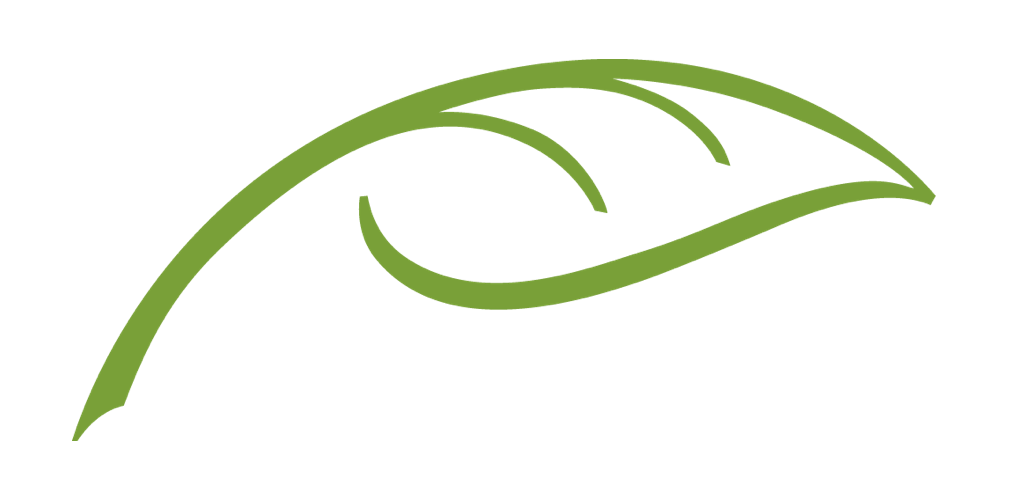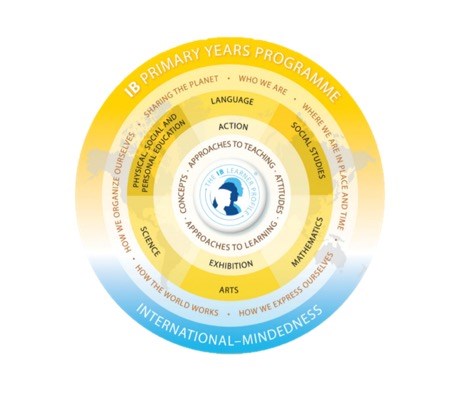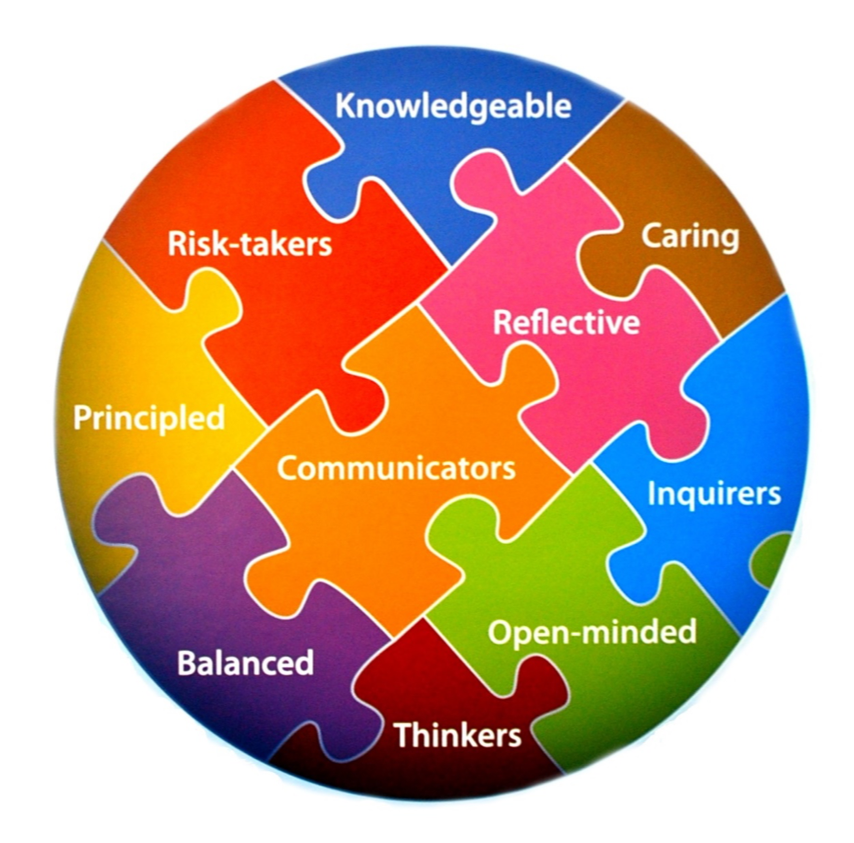June 12, 2020
Norgate Xwemélch'stn Community Elementary has been approved by the International Baccalaureate Organization as a candidate school for the International Baccalaureate Primary Years Programme
The North Vancouver School District is pleased to announce that Norgate Xwemélch'stn Community Elementary is a candidate school for the Primary Years Programme and will be pursuing authorization as an IB World School . These are schools that share a common philosophy—a commitment to high quality, and challenging, international education that Norgate Xwemélch'stn Community Elementary believes is important for students.
With this recent announcement, Norgate Xwemélch'stn Community Elementary is now one step closer to offering the full continuum of IB programming for Norgate students from Kindergarten through to Grade 12. The entire Norgate community can join the North Vancouver School District IB community, which began offering its robust and popular IB program in 2007.
Norgate Xwemélch'stn Community Elementary staff and administration will now continue their work through the candidacy phase to fulfill the requirements necessary to qualify as an IB World School offering the PYP*. During this phase, Norgate Xwemélch'stn Community Elementary teachers will have access to high quality professional development opportunities with IB practitioners from around the world and our own school district. In the spirit of collaboration, teaching staff and administrators at IB World Schools Carson Graham Secondary, Capilano Elementary and Queen Mary Community Elementary will continue to offer their support, expertise and guidance to their colleagues at Norgate.
This is a wonderful opportunity for our students, teaching and non-teaching staff, and entire Norgate community to embrace the IB philosophy and pedagogy. Thank you to the Norgate community for your ongoing enthusiasm and support as the school district explored this opportunity.
*UPDATE: The 2021/22 school year will be a transition year, with formal accreditation occurring the following school year.

January 22, 2020
At the public meeting of the North Vancouver Board of Education on Tuesday, January 21, 2020, the Board unanimously voted in favour of transitioning Norgate Community Elementary School to an International Baccalaureate Primary Years Programme school.
In September 2020, Norgate Community Elementary School will begin to implement the IB PYP curriculum and program requirements. The 2020/21 school year will be a transition year, with formal accreditation occurring the following school year. The North Vancouver School District has been providing IB programs since 2007, and will now be able to offer the full continuum of IB programming for Norgate students from Kindergarten through to Grade 12. All of the programs within the school district have been incredibly successful.
Norgate Community Elementary is an ideal school to become an IB Primary Years Programme school because of its location, the community’s strong level of engagement in the school, and the connection with Squamish Nation. The intercultural awareness of the IB program embodies Indigenous ways of knowing and supports ongoing student engagement on the path to reconciliation.
Thank you to the Norgate community for your support over the past few months as the school district has explored the possibility of bringing IB to Norgate Community Elementary School. The community’s response in favour of this change has been overwhelmingly positive.

October 2019
The
North Vancouver School District is exploring the possible implementation of the
International Baccalaureate (IB) Primary Years Programme at Norgate Community
Elementary School.
The International Baccalaureate (IB)
Organization is a long-standing international organization that focuses on
global education. There are roughly 5,000 schools in 150 countries that teach
IB curricula. IB teaches students how to think critically and independently,
and how to inquire with care and logic. IB prepares students to succeed in a
world where facts and fiction merge in the news, and where asking the right
questions is a crucial skill that will allow them to flourish long after they
have graduated. The programs are world-renowned for fostering student success –
socially, emotionally, academically, and in extra-curricular endeavours.
Students develop the personal attributes and skills that enable them to become
well-rounded, globally-minded, and service-oriented citizens.
The North Vancouver School District has been offering IB since 2007. Currently, Capilano Elementary School and Queen Mary Community Elementary School offer the elementary school program – called the IB Primary Years Programme. Carson Graham Secondary School offers the two secondary school programs – Middle Years Programme (grades 8 to 10) and Diploma Programme (grades 11 and 12). IB is incredibly sought after, with all three of these schools experiencing high demand.
How is IB different from the regular British Columbia curriculum?
In British Columbia, IB programs utilize the BC curriculum, allowing students to meet the provincial graduation requirements and to experience a broad and balanced curriculum that includes languages, humanities, science and technology, mathematics and the arts. IB incorporates local and global perspectives with an emphasis on intercultural understanding and respect. The three IB programs offered in the North Vancouver School District (Primary Years Programme, Middle Years Programme and Diploma Programme) place special emphasis on collaborative, transdisciplinary, and concept-based learning, and provide opportunities for enhanced language acquisition and development. All programs also include a community service component that requires action and reflection; and, in the final year of each program, all students complete a project that allows them to demonstrate their learning.
IB Primary Years Programme (PYP)

At the elementary school level, the IB Primary Years Programme (PYP) is taught through inquiry. The transdisciplinary framework of the PYP challenges students to think for themselves and take responsibility for their learning as they explore local and global issues. Guided by transdisciplinary themes of global significance, students deepen their learning by developing their conceptual understandings; strengthening their knowledge and skills across and beyond subject areas.
| Key elements:
knowledge conceptual understandings skills dispositions action
| 
|
Students and teachers engage with:
- A school-wide program of inquiry, which is the structure through which students explore the transdisciplinary themes.
- Learning through a conceptual lens – through concepts that connect knowledge between and beyond subjects to lead to greater understanding.
- Approaches to learning (skills: research, social, thinking, self-management, and communication) important to develop for life-long learning.
- Knowledge in context with the transdisciplinary themes.
- Opportunities to reflect and take action to enhance individual and collective understanding and learning, or to address local and/or global issues and challenges.
What does this look like in the classroom?
The Primary Years Programme is very similar to the instruction that already takes place at the elementary school level. The program utilizes the BC curriculum and aligns with best practice for instruction and assessment. Year plans, transdisciplinary teaching, and collaboration are all important – just as they are in any elementary school.
The globally and socially driven transdisciplinary themes provide a starting point from which all students can examine real-world issues and opportunities. Transdisciplinary teaching and learning provides experiences for students that allow them to be academically successful with conceptual transfer, while seamlessly integrating skills needed in the modern world. The program is based on inquiry with a strong emphasis placed on students constructing their own understandings. Concepts are explored in order to both deepen disciplinary understanding and to help students make connections and transfer learning to new contexts. Teachers use real-life scenarios and examples, and students are encouraged to process new information by connecting it to their own experiences and to the world around them.
Benefits for students
In the PYP, students learn how to learn. They learn how to think for themselves and take responsibility for their own learning through an inquiry-led approach. Students also learn how to demonstrate respect for themselves and others, they refine collaboration skills by working with others for a shared purpose, and they learn how to actively engage as citizens of the world, by taking positive action for change. Through the development of the attributes of the IB Learner Profile, students become internationally minded, meaning they recognize our common humanity and shared guardianship of the planet, and the importance of working together to create a better and more peaceful world. This profile describes a broad range of human capacities and responsibilities that go beyond academic success.

The IB Learner Profile aims to develop learners who are:
Inquirers
Knowledgeable
Thinkers
Communicators
Principled
Open-minded
Caring
Risk-takers
Balanced
Reflective
IB is known for making students more culturally aware, readying students for the fast-pace of change in today's globalized world, and preparing students for the top ranked universities in the world.
Benefits for staff
PYP practitioners are supported by robust professional development experiences. PYP teachers are given access to:
- High quality professional development that encourages critical thinking, self-reflection and dedication to lifelong learning and continuous improvement.
- Innovative and diverse education frameworks, unit planners, teaching resources and evaluation tools.
- Certification and degree programs offered by highly respected universities worldwide.
- A pedagogy known to produce students who are motivated to continue inquiry and lifelong learning, beyond school study.
Why implement IB PYP at Norgate Community Elementary School?
Over the last number of years, the requests for enrolment in the North Vancouver School District's three IB schools has soared and waitlists are common. Capilano Elementary and Queen Mary Community Elementary are full and can no longer accommodate out-of-catchment students. Currently, only students residing within the schools' respective regular geographic catchment areas have been able to attend IB elementary schools. Adding to the capacity challenge for our current IB elementary schools is the planned development and increased housing in the lower Capilano area. In the fall of 2020, the school district will be adjusting the catchment boundary for a portion of the current Capilano Elementary catchment area to address the potential influx of additional students from the new "Lions Gate Village" development. These changes will shift many of the new residents into the Norgate Community Elementary catchment. It is anticipated that a significant portion of the population increase in this area may be seeking IB opportunities.
It is timely to examine the expansion of the PYP schools within the Carson Graham Family of Schools, both to meet the existing unmet demand for the IB PYP programme, as well as to meet the needs of the expected population increases within elementary schools that feed into Carson Graham Secondary. Norgate Community Elementary is an ideal school to become an IB PYP school given its proximity to the new housing development, the current enrolment numbers (seats available) and the ability to absorb an increased population, as well as the community's level of engagement in the school – all key factors for a successful implementation. The intercultural awareness of the PYP program connects beautifully with the Squamish Nation, engaging students with the opportunity to continue on the path to reconciliation.
Implementation process
A thoughtful and thorough implementation is required; it takes time and resources to ensure that the program is solidly established. First, an IB coordinator will be assigned to the school and the Principal and Vice Principal will be trained. Staff at the school will then begin PYP professional learning. While no formal teacher training will occur this current school year, through collaboration times, staff will be able to familiarize themselves with inquiry and key elements of the PYP. Next school year, beginning in September 2020, one year of trial IB teaching will begin and so will the formal IB PYP training. Weekly PYP collaboration times will be built into the schedule. Teachers will analyze the IB Programme Standards and Practices, investigate the Learner Profile, decide on a planner they will use as a school, start to design their own Programme of Inquiry that will reflect the unique qualities of the school and its community, examine assessment practices, and revisit reporting practices. This process is guided and supported by the International Baccalaureate Organization to ensure successful implementation. Following the trial year, in September 2021, the school will be ready to request official authorization by the International Baccalaureate Organization and would then become an official IB World School.